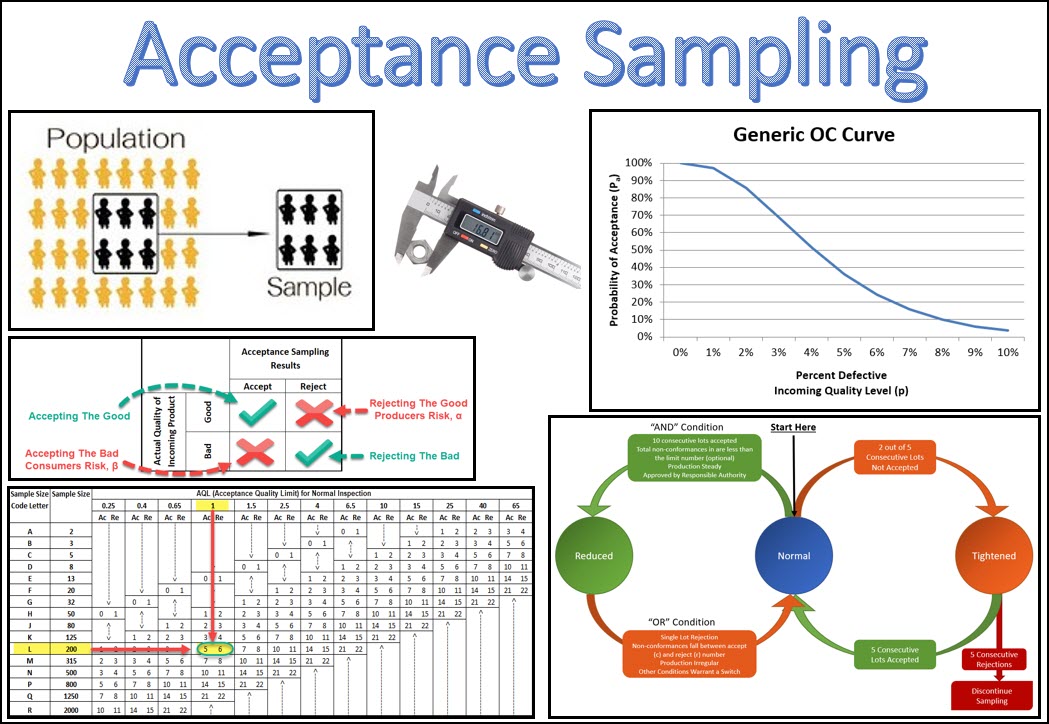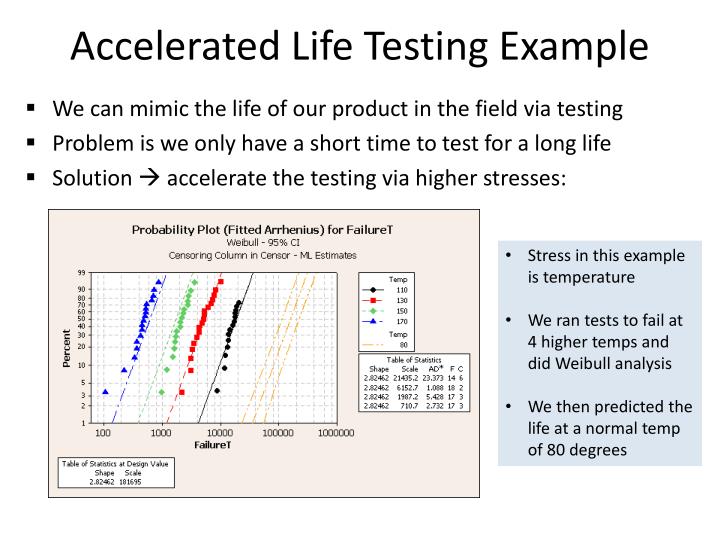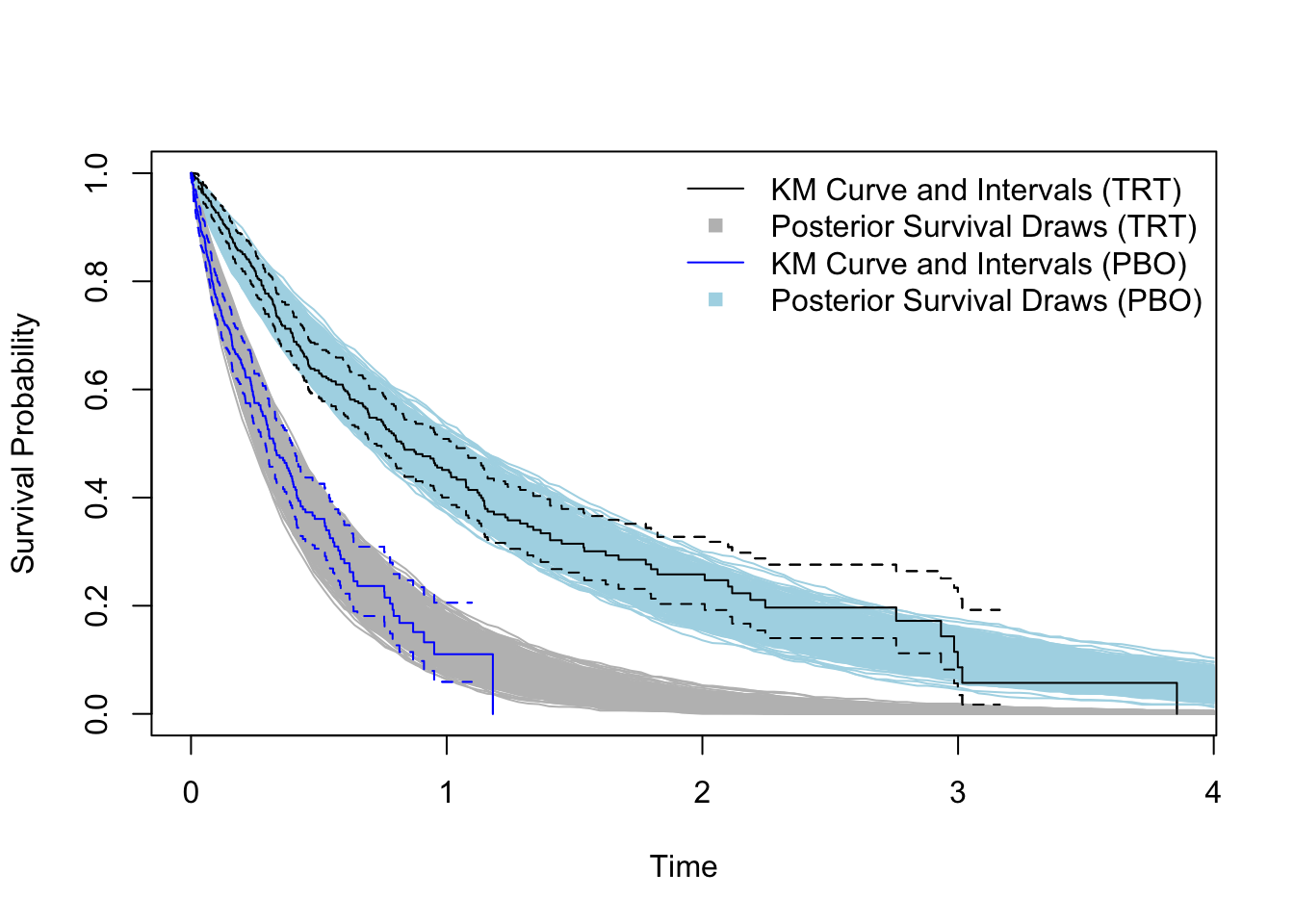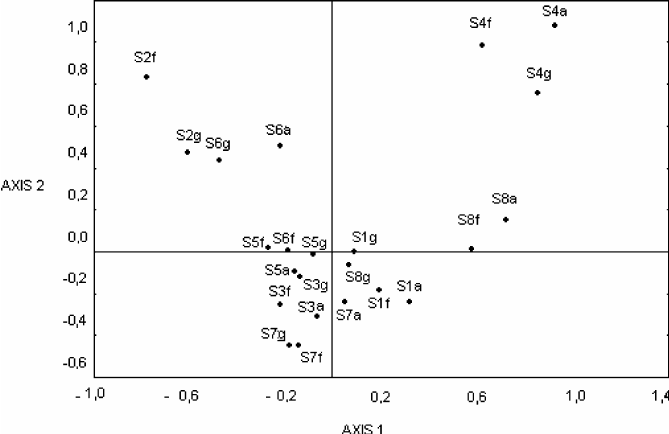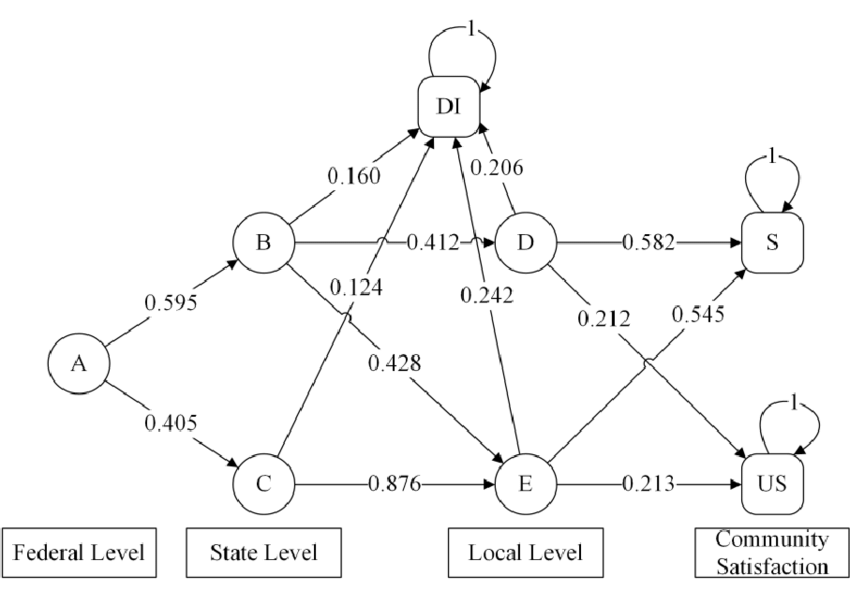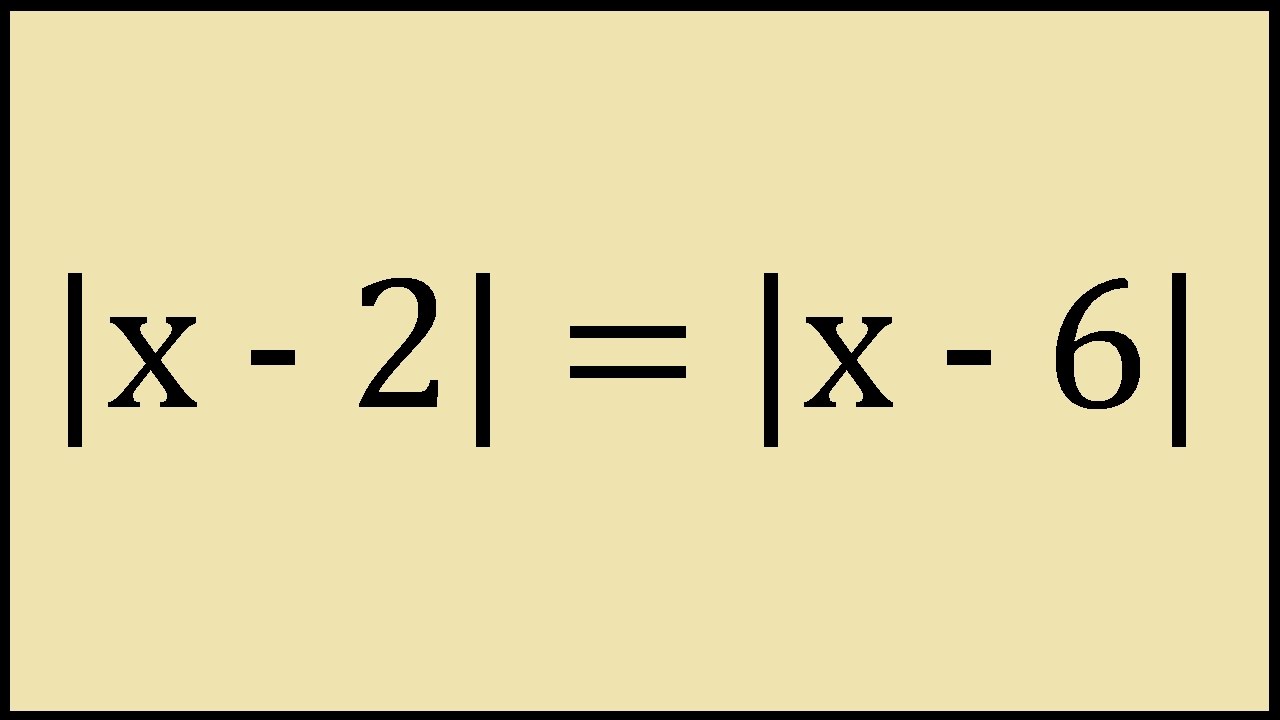Accident Proneness
Accident Proneness is a construct that has been widely studied within the field of psychology, and it refers to an individual’s tendency to be involved in accidents. The concept of accident proneness suggests that there are personal psychological factors that can affect an individual’s likelihood of experiencing an accident, regardless of the situation or environment […]


